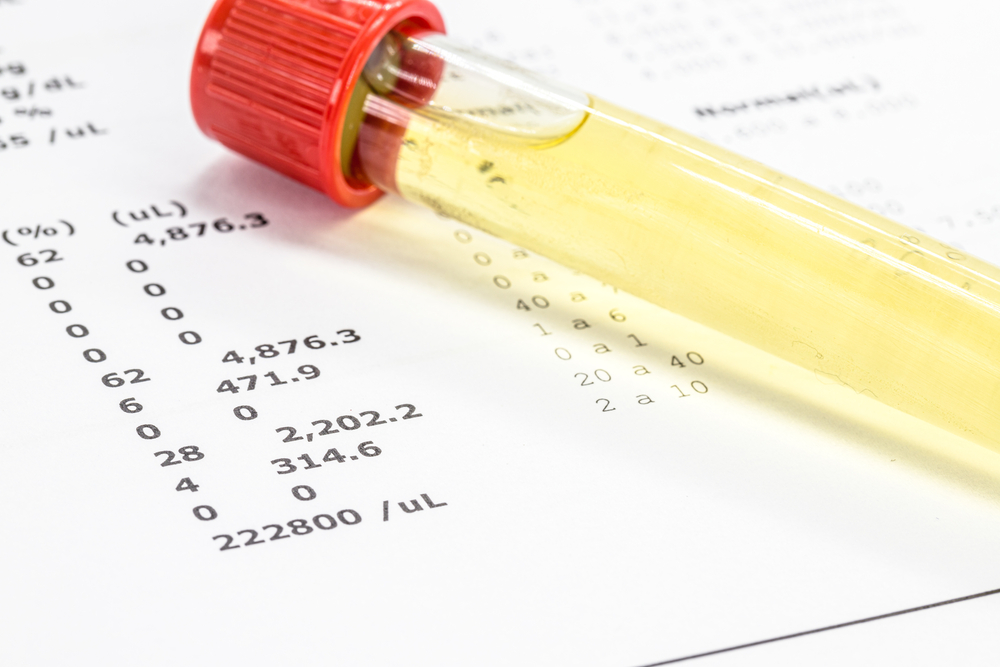Cocaine, which is commonly referred to as “coke,” is a powerful stimulant that is highly addictive. The high that cocaine produces is powerful but brief, which leads people to use cocaine more frequently and in higher doses as their tolerance grows. As they increase their dosage and usage, the risk of overdose also skyrockets. A common question surrounding cocaine use is: “How long does coke stay in your system?” In this guide, we set out to find the answer to that and other pressing questions surrounding cocaine use.
We accept the following insurance providers. Click here to verify if your benefits will cover treatment or click the link below for your specific policy.

Fast facts about cocaine abuse
- Cocaine is a party drug. For this reason, most people try cocaine for the first time in a social setting.
- Cocaine is a schedule ii controlled substance which means it has no accepted medical use and has a high potential for substance abuse.
- Cocaine is extremely addictive.
- Cocaine is considered a stimulant.
- Slang names for cocaine include coke, blow, snow, and yayo.
- Cocaine is expensive as prices have skyrocketed over the past two decades — a gram of cocaine costs between $25 and $200.
- Cocaine is fast-acting, and depending on the ingestion method, the effects can be felt as soon as 10 seconds within consumption.
Have you found yourself asking: “Do I need cocaine addiction treatment?” If so, you’re not alone. Olympus Recovery is here for you. We offer a wide array of evidence-based treatment approaches that can help with cocaine addiction, including detoxification, cognitive behavioral therapy (CBT), dialectical behavioral therapy (DBT), medication-assisted treatment (MAT), family therapy, and much more. Read more about our substance abuse programs here.
How Is Cocaine Detected in Your System?
Enzymes in the liver and blood metabolize cocaine extremely fast, making it undetectable in many types of screening tests, especially if more than a day has passed since cocaine use.
Cocaine tests screen for one of cocaine’s metabolites, benzoylecgonine, because this metabolite is detectable for a longer period of time than the actual substance.

Benzoylecgonine can be detected via a number of different drug tests methods, including:
Urine Testing
Urine testing is the most popular method of cocaine testing because it’s the most accurate. Urine drug tests can detect cocaine metabolites for up to 72 hours post-use. People who use cocaine heavily and for prolonged periods of time will see positive urine test results for up to two weeks after use.
Blood Test
Blood tests can detect cocaine up to 12 hours of use. They can detect the benzoylecgonine metabolite for up to 48 hours.
Saliva Test
Saliva testing uses a specialized device to extract a saliva sample from the user’s mouth. It then deposits it directly into a tube to be sent for testing. Cocaine metabolites can be detected for up to two days after use in either blood or saliva test.
Hair Testing
Hair follicle testing is the least common drug testing method, but it provides the longest window for results as hair tests can detect cocaine metabolites for up to three months.
Once Detected, How Long Does Cocaine Stay in Your System?
Cocaine has a short half-life, meaning that if you’re a first-time user or light user, your system will likely clear out the cocaine within 12-24 hours and a drug test may not be able to detect it at all. For heavier cocaine users, the drug will likely still be detectable in their systems after 12-24 hours.
What Factors Affect How Long Cocaine Remains in Your System?
Of course, the above timeframes are just general guidelines, and there are some factors that influence how long cocaine stay in each person’s system, including:
- Frequency of cocaine use— the more frequent and repeated cocaine use, the longer it will remain in the system.
- Amount of cocaine taken— the more cocaine ingested, the longer it will remain in the system.
- Ingestion method — when cocaine is snorted or dabbed onto the gums, it typically remains in the body longer than when it’s smoked or injected.
- If you’ve ingested alcohol while using cocaine — drinking alcohol is linked to cocaine staying in the system longer.
- Your weight, height, and metabolism— cocaine stay in the systems of people with higher body fat percentages the longest.
- Your overall health and pre-existing conditions— your organs are responsible for detoxing your body from foreign substances, including cocaine. Certain pre-existing medical conditions can make ridding the body of cocaine take longer, especially if you are dealing with a liver-related condition or liver damage.
- Hydration levels — cocaine stay in the systems of dehydrated people longer because water can help speed up the body’s excretion process of cocaine metabolites.

The Effects of Cocaine
The high from cocaine can make users initially feel really good, which is why so many users become addicted to the substance and its euphoric high. During the initial 30 minutes of the high, most users experience feelings of:
- Hyperstimulation
- Alertness
- Bursts of energy
- Talkativeness
- Sexual arousal
- Invincibility
These feelings are often followed by a crash that can lead to anxiety, depression, agitation, and pure exhaustion. When combined with other drugs, cocaine abuse can be life-threatening and can impaired immune system functioning.
Symptoms of Too Much Cocaine in Your System
According to the National Institute on Drug Abuse, cocaine-related drug overdose deaths have skyrocketed from 5,419 in 2014 to 19,477 in 2020.
Symptoms of cocaine overdose include:
- Nausea
- Diarrhea
- Loss of bladder control
- Hypothermia
- High blood pressure
- High temperature and sweating
- Extreme anxiety and/or agitation
- Hallucinations
- Heart attack
- Irregular heartbeat
- Stroke
- Seizures
- Tremors
- Confusion
- Twitching
- Paranoia
- Delirium
- Psychosis
- Chest pain
- Difficulty breathing
- Unresponsiveness
- Coma
- Death
If you suspect yourself or a loved one has ingested too much cocaine, call 9-1-1 immediately. For help battling cocaine addiction, Olympus Recovery can help. Our team specializes in treating drug addiction and the underlying issues that fuel it. We offer each client a custom-tailored treatment plan to help them reach their individual goals and overcome each person’s unique challenges. Download our brochure to learn more now.
We hope this article has been helpful in answering the question “how long does coke stay in your system?” as well as any other cocaine-related questions you may have. Although cocaine addiction is serious and dangerous, there’s nothing to be ashamed of. Nearly 2 million people use cocaine in the United States each year [5]. When you work with a dedicated recovery team, it is possible to get your life back on track and break free from the life-consuming addiction to cocaine and other substances.
Olympus Recovery Can Help

Freedom from the chains of cocaine addiction is possible. But you can’t do it on your own. Olympus Recovery is a drug rehab in Delray Beach, Florida that has a team of trained, experienced, and compassionate addiction professionals to guide you every step of the way in your treatment and healing. For immediate help, please don’t hesitate to call us confidentially at (888) 979-1805. Our admissions specialists are available to answer all of your questions and put you on the fast track to recovery. You can also contact us virtually if you’d prefer.
- https://pubmed.ncbi.nlm.nih.gov/11043648/
- https://www.ncbi.nlm.nih.gov/pmc/articles/PMC3128807/
- https://pubmed.ncbi.nlm.nih.gov/9751958/
- https://nida.nih.gov/drug-topics/trends-statistics/overdose-death-rates
- https://nida.nih.gov/publications/research-reports/cocaine/what-scope-cocaine-use-in-united-state


